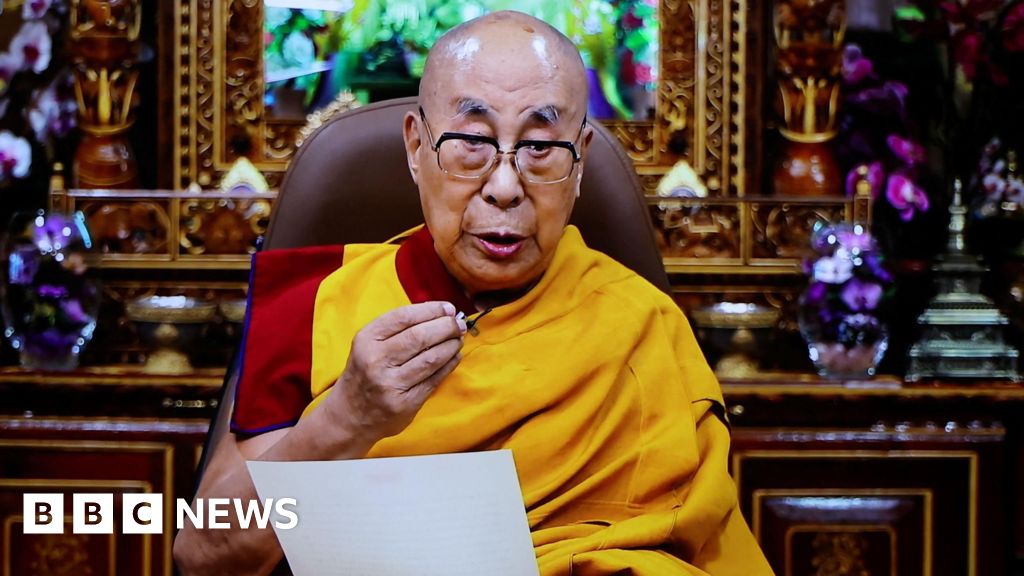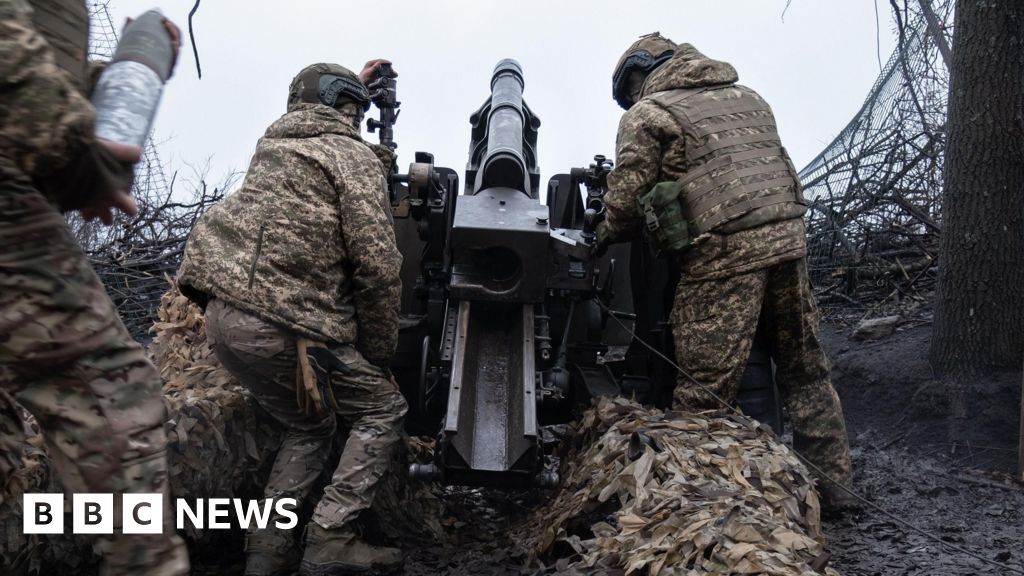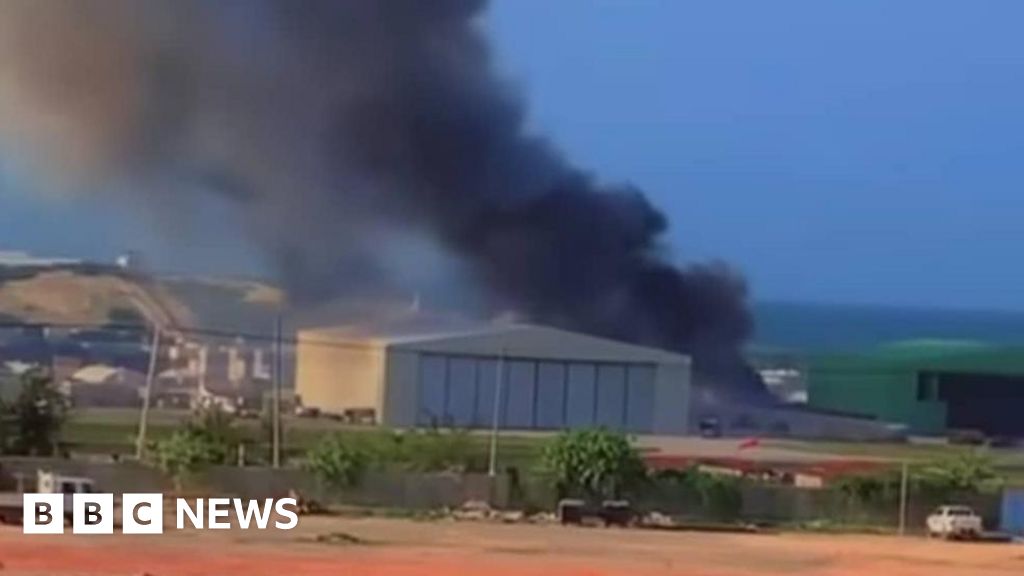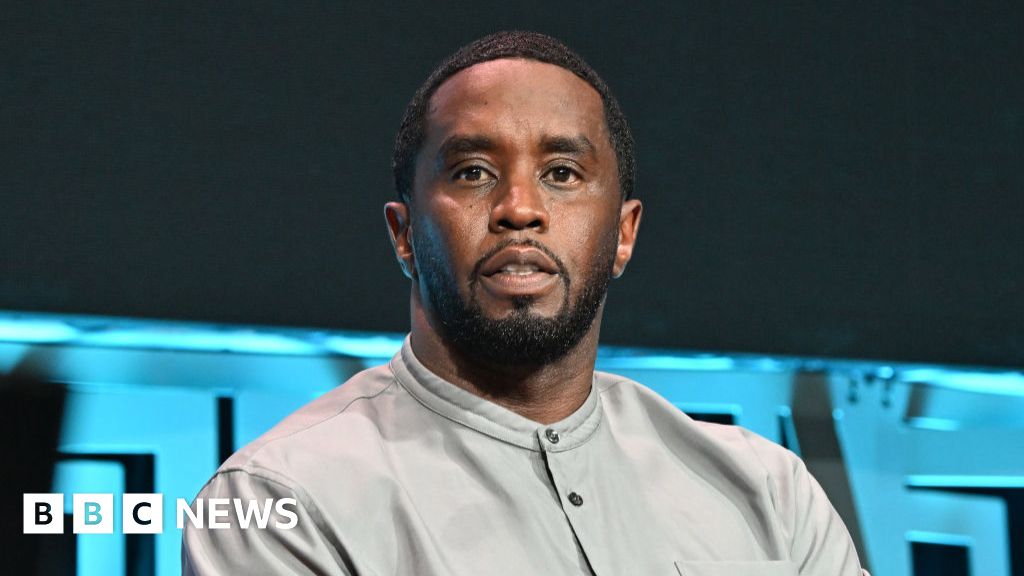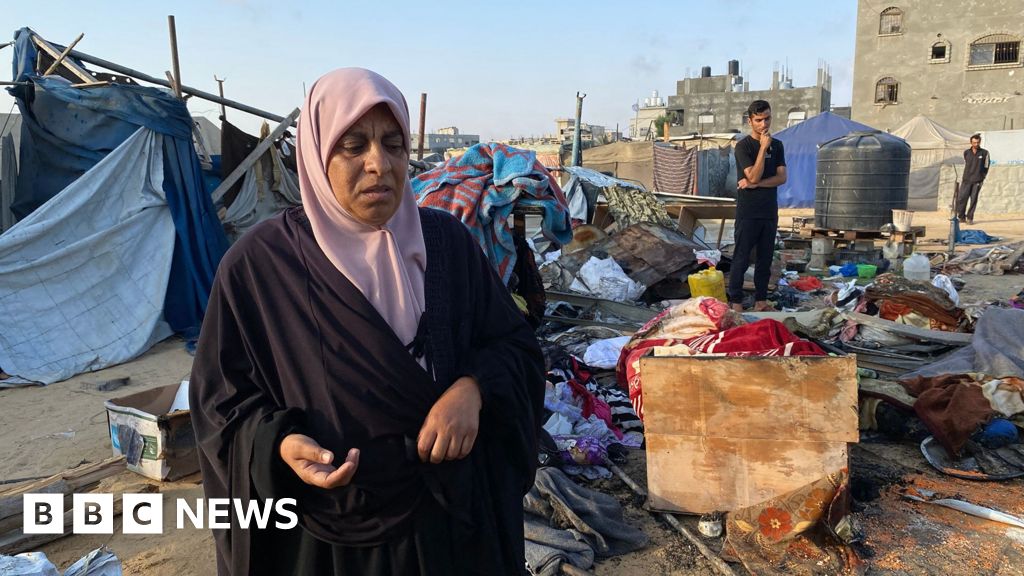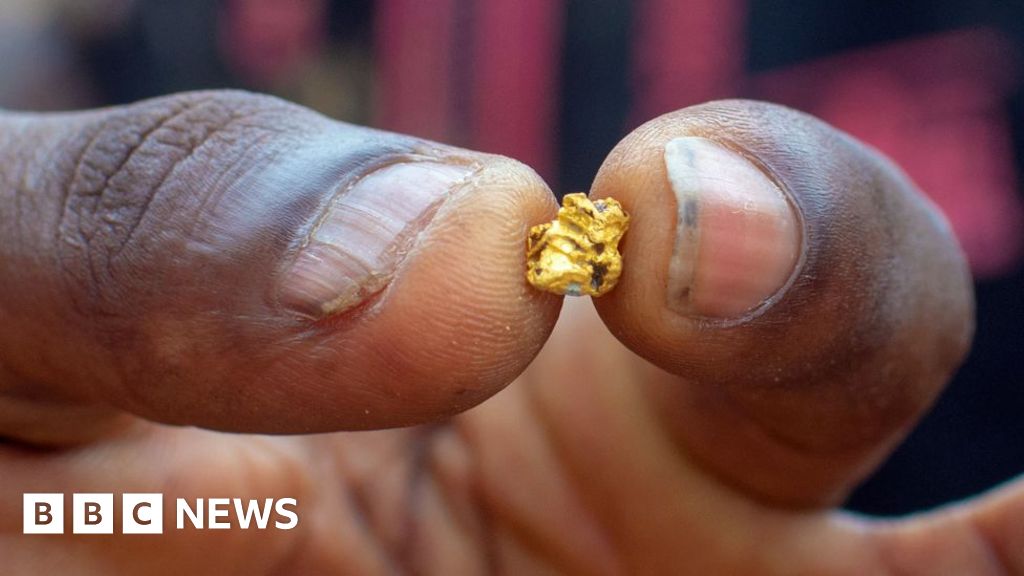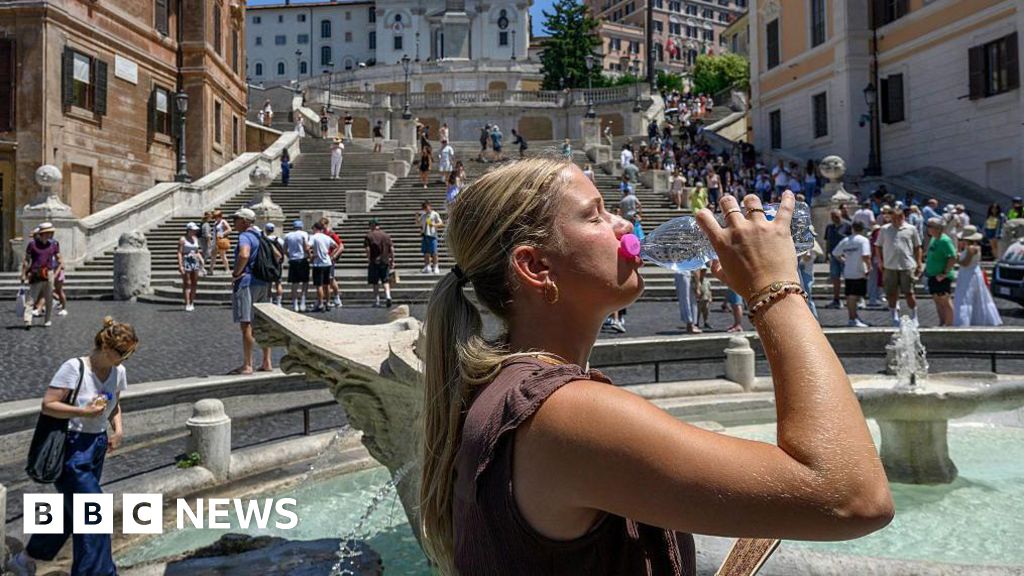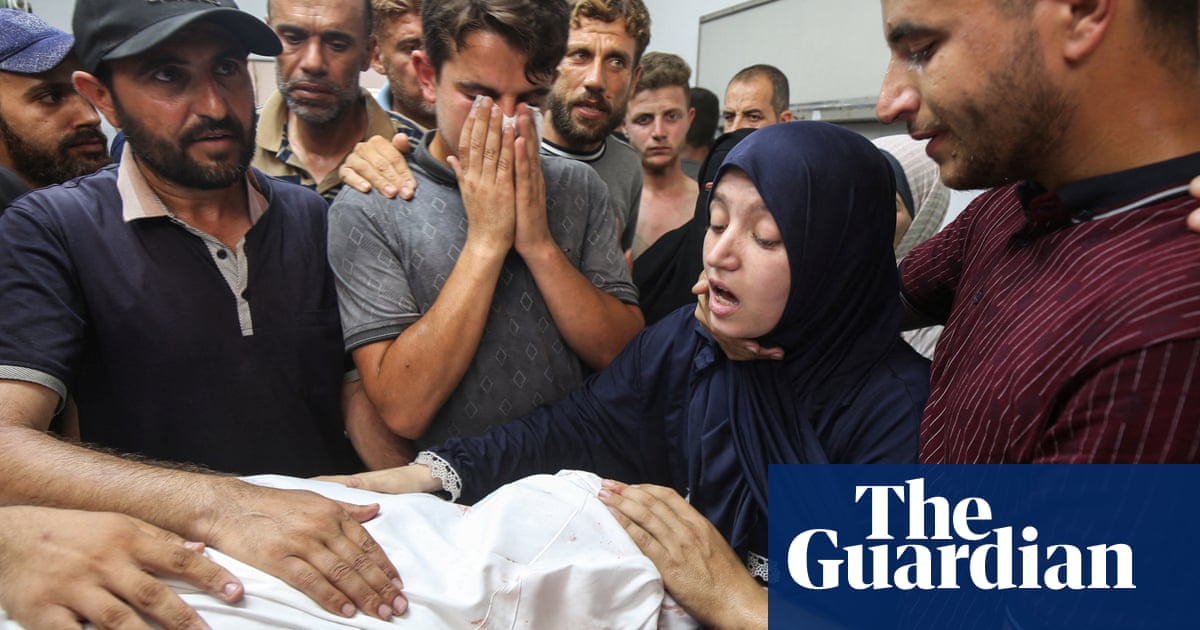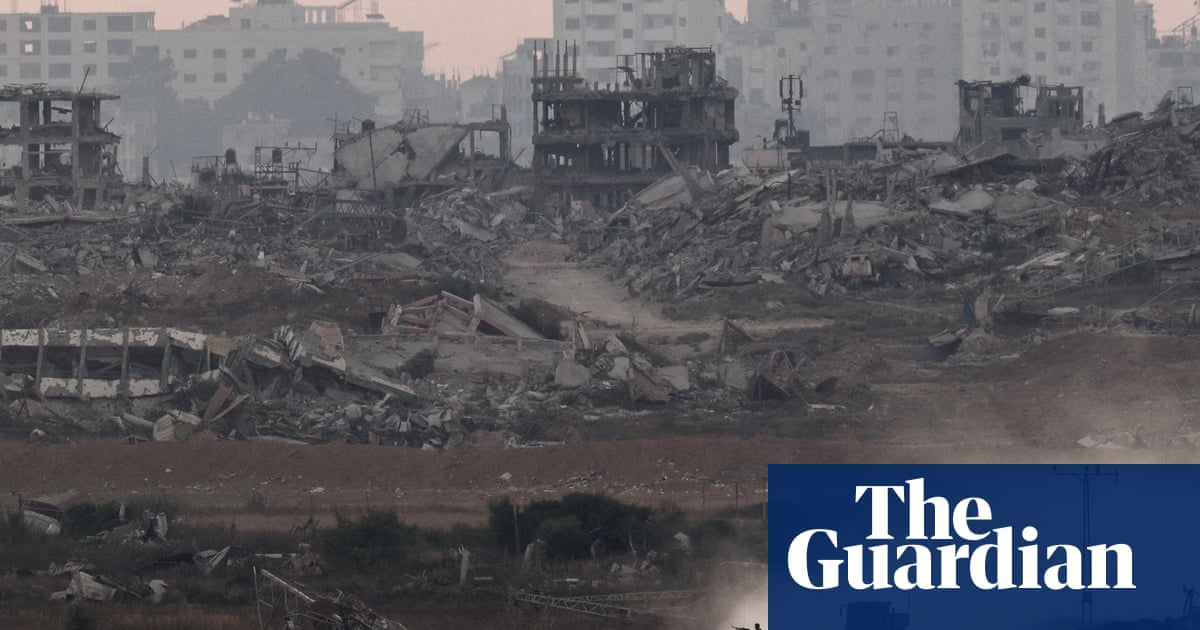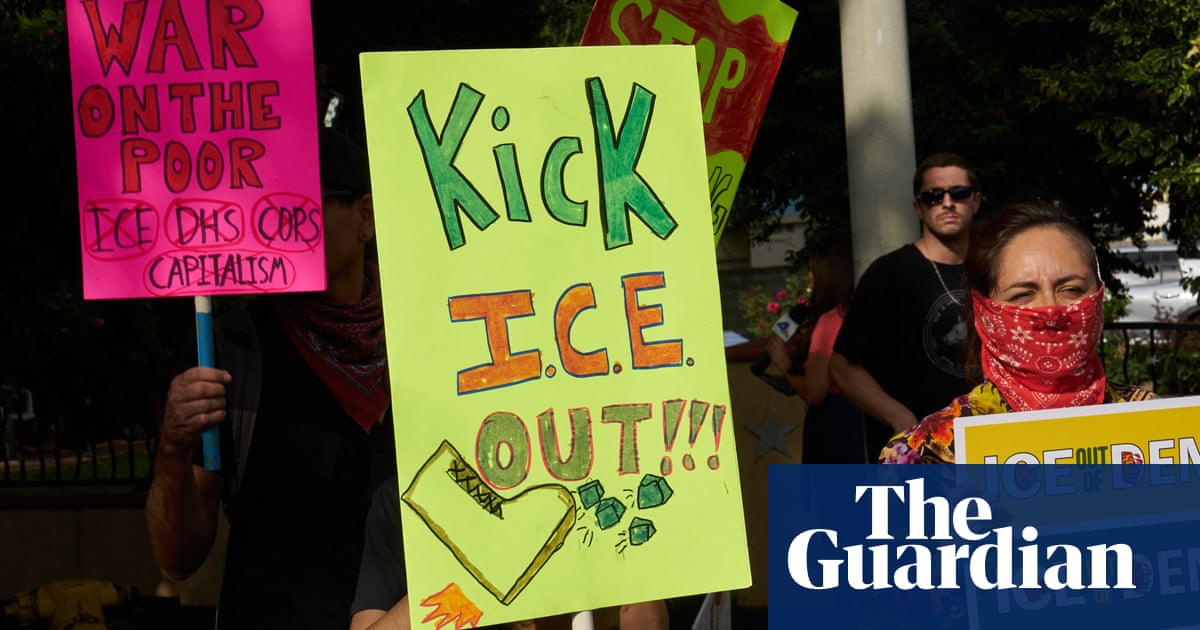Dalai Lama confirms he will have a successor after his death
6 hours agoShareSaveGeeta PandeyBBC News, DelhiSamira HussainBBC News, DharamshalaShareSaveReutersThe Dalai Lama delivered the long-awaited announcement in his 90th birthday week
Exiled Tibetan spiritual leader the Dalai Lama has confirmed he will have a successor, putting to rest speculation over whether the 600-year-old institution will end when he dies.
In a video message keenly-awaited by his followers, he said only the trust that he founded could appoint his successor and "no-one else has any authority to interfere in this matter".
According to Tibetan tradition, Dalai Lamas are "reincarnated" after they die. China annexed Tibet in 1950 and the current Dalai Lama lives in exile in India, making succession a highly contentious issue.
Beijing rejected the statement, saying his successor would be from inside China and must be approved by the government.
Watch: Dalai Lama blesses followers as 90th birthday celebrations begin
Hundreds of followers gathered on Wednesday to hear the long-awaited announcement in the Indian town of Dharamshala where the Dalai Lama lives.
The Dalai Lama Library and Archive centre, where the video message was broadcast, resembled a sea of maroon with monks from all over the world in attendance.
"I am affirming that the institution of the Dalai Lama will continue," the Dalai Lama's statement said.
He reiterated that "the Gaden Phodrang Trust, the Office of His Holiness the Dalai Lama… should accordingly carry out the procedures of search and recognition in accordance with past tradition".
Who is the Dalai Lama and why does he live in exile?
Dharamshala is holding the Dalai Lama's milestone 90th birthday celebrations which began on Monday – his birthday according to the Tibetan lunar calendar – and will conclude on 6 July, his official birthday.
Celebrations will be attended by more than 7,000 guests, including a number of Indian ministers. Hollywood actor Richard Gere, a long-time follower, is also taking part.
ReutersMonks from all over the world had gathered to hear the Dalai Lama
In the past, the Nobel Peace Prize-winning spiritual head of Tibetan Buddhism had been torn between whether to continue with the post of Dalai Lama or not. A few years ago, he said his successor might be a girl, or that there might be no successor at all.
But in recent years, he had also said that if there was widespread support among Tibetans-in-exile for the post – which there is – then it would continue and his office would choose a successor.
He has always insisted that his successor must be born outside China and his reiteration of the same on Wednesday did not go down well with Beijing.
A Chinese foreign ministry spokesperson said that the Dalai Lama's reincarnation must comply with Chinese laws and regulations as well as "religious rituals and historical conventions" and would need to be approved by Beijing.
Even though the Dalai Lama has always advocated a "middle way" to resolve the status of Tibet – genuine self-rule within China – Beijing regards him as a separatist. It says the standard of living of people in Tibet has greatly improved under its rule and denies suppressing their human rights and freedom of expression.
A dam ignited rare Tibetan protests. They ended in beatings and arrests, BBC finds
Dalai Lama furore reignites Tibet 'slave' controversy
How China's boarding schools are silencing Tibet’s language
Getty ImagesHollywood actor Richard Gere (right) is a long-time follower of the Dalai Lama
The Dalai Lama's message "affirming that the continuation of the institution" has been welcomed by his followers.
Tsayang Gyatso, a 40-year-old businessman, said that for most Tibetans, the announcement is "a great relief and a moment of happiness".
"I always had a belief that the reincarnation will come. But having heard it from His Holiness, I feel elated," he told the BBC in Dharamshala.
Mr Gyatso, who had travelled from Delhi, said he felt "blessed to be here in person to witness His Holiness's birthday".
He said there was "a lot of propaganda from China on the appointment of the next Dalai Lama" which made him fear that the appointment process could be corrupted "but all that has been put to rest by His Holiness's announcement".
Robert Barnett, a Tibet scholar at the School of Oriental and African Studies in London, told the BBC that the Dalai Lama's "message is indirect signalling" to China.
"He's signalling two things here. One is he's going to decide on his reincarnation, not China. And the other is he's showing China that he's made this decision through a kind of popular – almost democratic – process of asking the community whether they want his institution to continue."
That's a signal to China that his legitimacy is based on consent and not on force, Prof Barnett said.
Getty ImagesSunday's birthday celebrations will be attended by more than 7,000 people
Experts, however, say China is also expected to name its own Dalai Lama.
Dibyesh Anand, professor of International Relations at the University of Westminster, said, "After a period of a few months or a few years, they will have their own proteges identify a small boy as the next Dalai Lama and impose that. Of course, a majority of Tibetans are going to reject it and the majority of people in the world are going to make fun of it. But remember China has immense authority in terms of resources so they will try to impose that."
Youdon Aukatsang, an MP in the Tibetan parliament-in-exile, told the BBC that "despite all these years of trying to control the hearts and minds of Tibetan people inside Tibet", Beijing has "completely failed".
A Dalai Lama chosen by China, she says, "will not be recognised, not only by the Tibetans but the world will not recognise it because China doesn't have the legitimacy to find the future Dalai Lama".
"We are concerned but we know that irrespective of our concern, China will come up with their own Dalai Lama, we will call it the Chinese-recognised Dalai Lama. I am not worried that Dalai Lama will have any credibility in the Tibetan world or the Buddhist world."
China 'coercing Tibetans into mass labour camps'
ChinaDalai LamaIndiaTibet
Sursa: BBC News
